South Korean President Yoon Suk-Yeol ousted over martial law and insurrection charges
- Update Time : Sunday, April 6, 2025
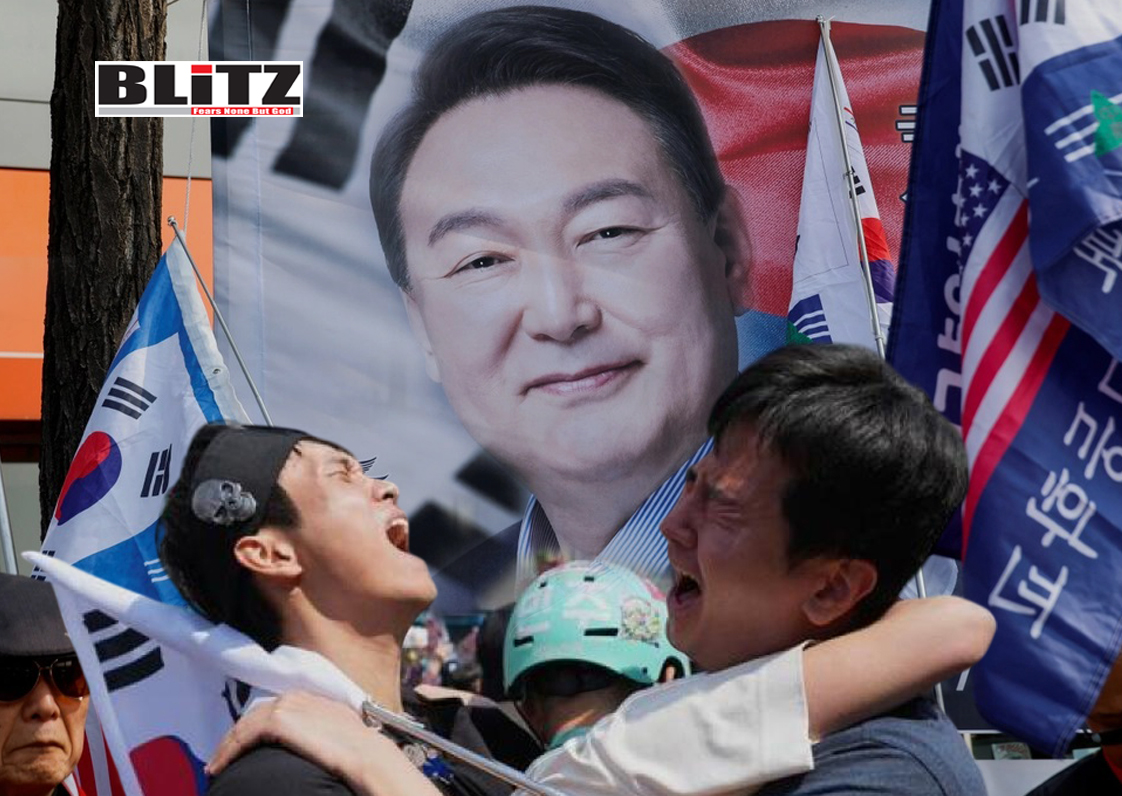
In a historic and turbulent turn of events, the Constitutional Court of South Korea has unanimously upheld the National Assembly’s impeachment of President Yoon Suk-Yeol, officially removing him from office. The verdict, delivered on April 4, comes four months after Yoon’s widely condemned decision to impose martial law in December 2024-a move that sent shockwaves through the country and prompted an immediate political reckoning.
The court’s ruling marks the second time in South Korea’s democratic history that a sitting president has been removed through impeachment, echoing the ouster of President Park Geun-hye in 2017. But Yoon’s case is arguably more dramatic, involving an attempted use of military power against democratic institutions and allegations of inciting an insurrection.
On December 3, 2024, Yoon declared a state of emergency and imposed martial law, citing alleged plots by the opposition to orchestrate a rebellion. He accused several lawmakers of colluding with North Korean agents and undermining the state. The move was immediately met with skepticism and resistance from across the political spectrum, with many calling it a thinly veiled power grab.
The military, rather than complying with the directive, refused to enforce the order. Parliament, led by both opposition and moderate members of Yoon’s own party, quickly overruled the decree. Just weeks later, on December 17, the National Assembly voted to impeach Yoon. The president was formally arrested on January 15, 2025, after he lost executive immunity.
At the heart of the crisis was Yoon’s use of state power to suppress opposition voices. Documents leaked by whistleblowers suggested that surveillance had been conducted on political rivals in the weeks leading up to the martial law order. Several senior military leaders confirmed that they were pressured by the Blue House to prepare for “domestic containment operations,” which included mobilizing troops in Seoul and other major cities.
In its ruling, the Constitutional Court was unequivocal in its condemnation of Yoon’s actions. Acting Chief Justice Moon Hyung-bae delivered a damning verdict, stating:
“The defendant mobilized military and police forces to dismantle the authority of constitutional institutions and infringed upon the fundamental rights of the people. In doing so, he abandoned his constitutional duty to uphold the constitution and gravely betrayed the trust of the Korean people.”
The court further noted that the president’s actions were not only “unlawful and unconstitutional” but also had the potential to permanently damage democratic governance.
“The negative consequences and ripple effects of these actions are substantial,” the ruling stated. “The benefit of restoring constitutional order through removal from office outweighs the national costs associated with the dismissal of a sitting president.”
Legal scholars have described the ruling as a landmark moment for constitutional law in South Korea, reinforcing the supremacy of civilian oversight and the democratic process.
Yoon released a brief statement following the court’s decision, expressing regret and thanking his supporters.
“It has been a great honor to serve this nation, despite my many shortcomings,” Yoon said. “I will reflect deeply on my actions and accept the judgment of the people and the court.”
Despite the conciliatory tone, legal consequences are mounting for the ousted president. On March 30, Yoon was formally indicted for leading an insurrection, a charge that carries a maximum sentence of life imprisonment or capital punishment under South Korean law. Unlike other offenses, a president is not immune from prosecution for insurrection, even while in office.
Prosecutors allege that Yoon conspired with a small group of aides to engineer a constitutional crisis with the aim of consolidating executive power. Evidence submitted includes communications between senior defense officials and Yoon’s inner circle, as well as testimony from intelligence officers who were allegedly ordered to fabricate security threats tied to North Korea.
A trial date has not been officially set, but preliminary hearings are expected to begin in May.
Yoon’s removal has only deepened social and political unrest. Following the court ruling, hundreds of pro-Yoon demonstrators clashed with police outside the Seoul Western District Court, where Yoon is being held. Protesters attempted to storm the building, prompting riot police to deploy tear gas and barricades.
In response, Acting President Han Duck-soo has declared a temporary nationwide security alert and called for calm.
“This is a difficult time for our nation,” Han said in a televised address. “I ask all citizens to respect the rule of law and uphold our democratic values. Violence will not be tolerated.”
While many citizens support the court’s decision, there remains a vocal minority who view Yoon as a victim of political sabotage. Political analysts warn that the country remains deeply divided and that the next election will be crucial in shaping South Korea’s democratic resilience.
Under South Korean law, a new president must be elected within 60 days of an impeachment ruling. The National Election Commission has announced that a special presidential election will be held on June 3, 2025.
In the meantime, Prime Minister Han Duck-soo will serve as interim president. Han, who has decades of bureaucratic experience and a reputation for stability, is expected to oversee a caretaker government focused on maintaining order and restoring public trust.
The upcoming election is expected to be fiercely contested. The opposition Democratic Party, led by reformist Lee Jae-myung, is gaining momentum. Meanwhile, Yoon’s Liberty Korea Party has splintered, with moderates distancing themselves from Yoon’s legacy while hardliners continue to back him.
Independent candidates and centrist movements are also gaining traction, with calls for national healing and systemic reforms.
The international community has largely supported South Korea’s legal and democratic processes. The United States, Japan, and members of the European Union released statements praising the court’s impartiality and South Korea’s commitment to the rule of law.
China, South Korea’s largest trading partner, called for stability and continuity in regional diplomacy. Meanwhile, North Korea mocked the crisis, calling Yoon’s downfall “a victory for justice and peace,” though analysts caution that Pyongyang could attempt to exploit the political vacuum.
The ousting of Yoon Suk Yeol marks a watershed moment in South Korean history. From a bold anti-corruption prosecutor to a disgraced president facing trial for insurrection, Yoon’s dramatic fall underscores the delicate balance between security and civil liberty.
As the nation prepares for a critical election, South Koreans are left grappling with fundamental questions about the strength of their democracy, the role of the military in civilian affairs, and the enduring power of constitutional checks and balances.


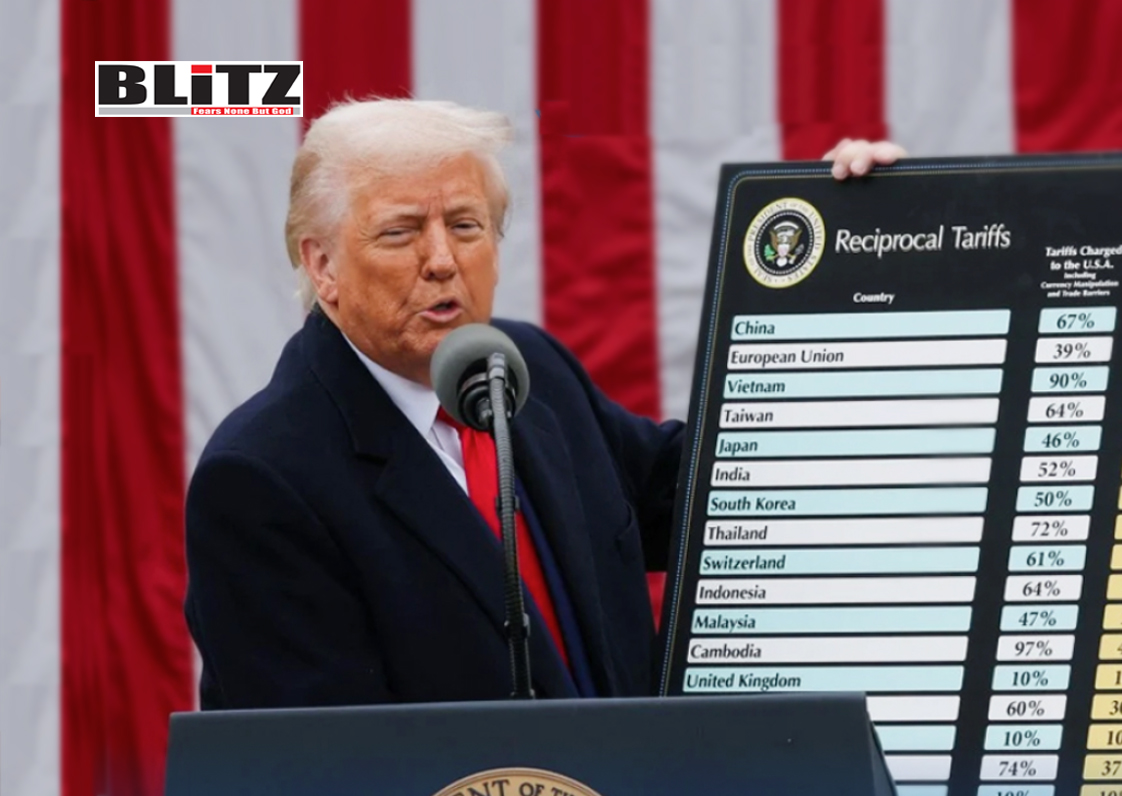
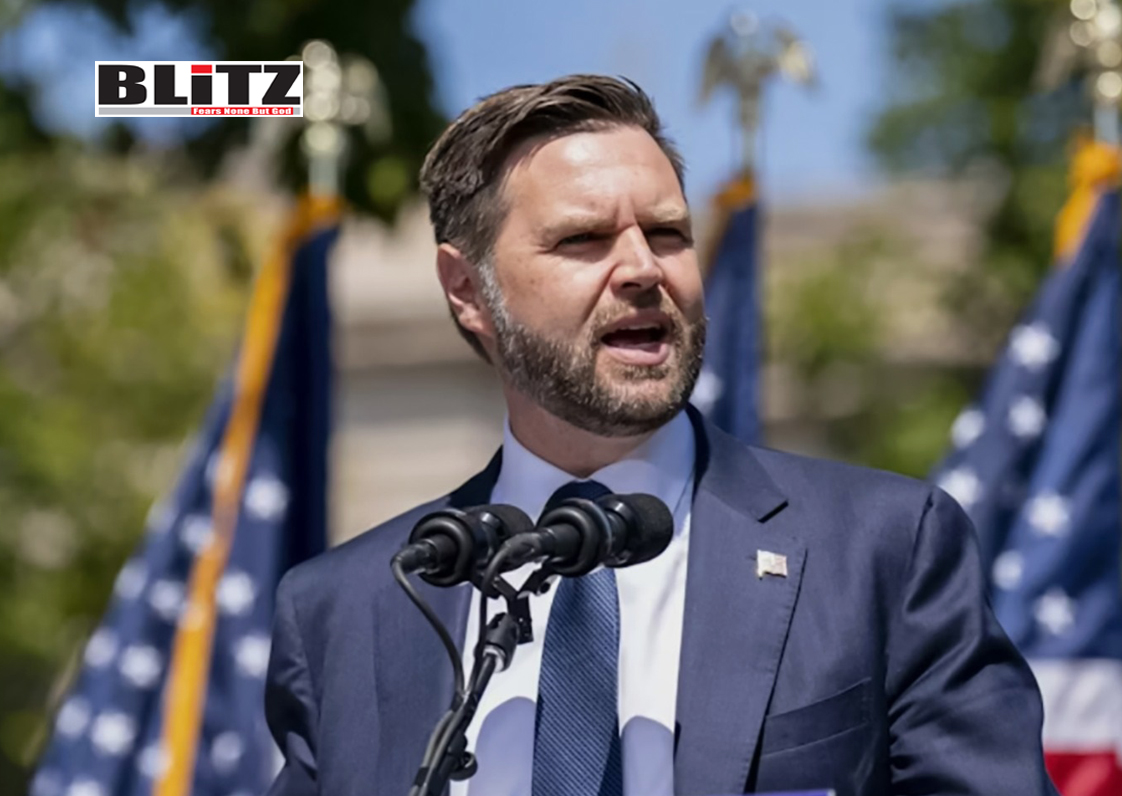
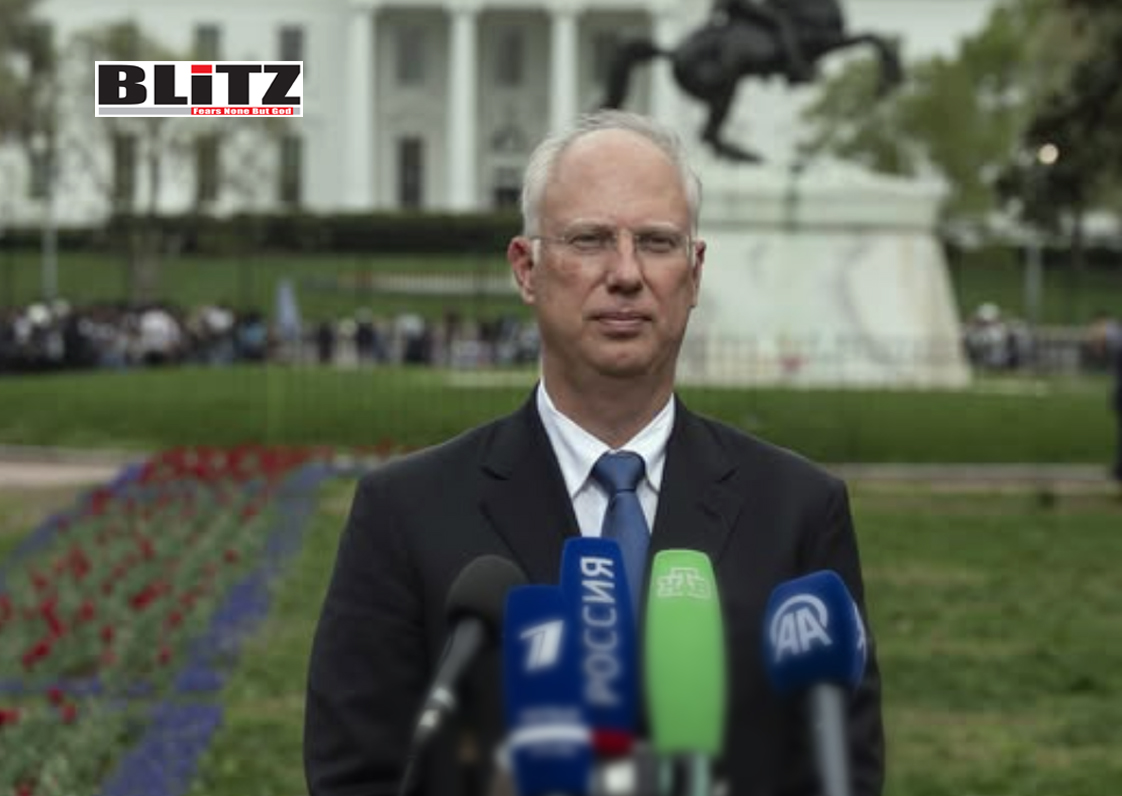
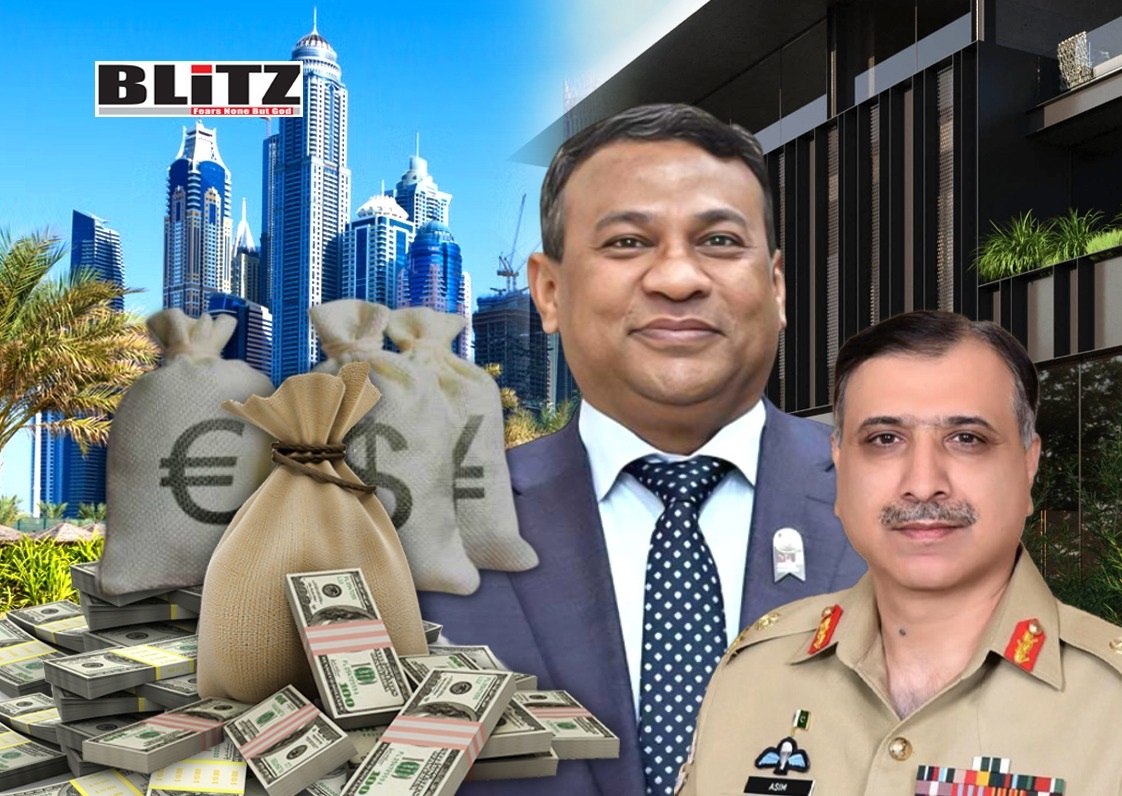
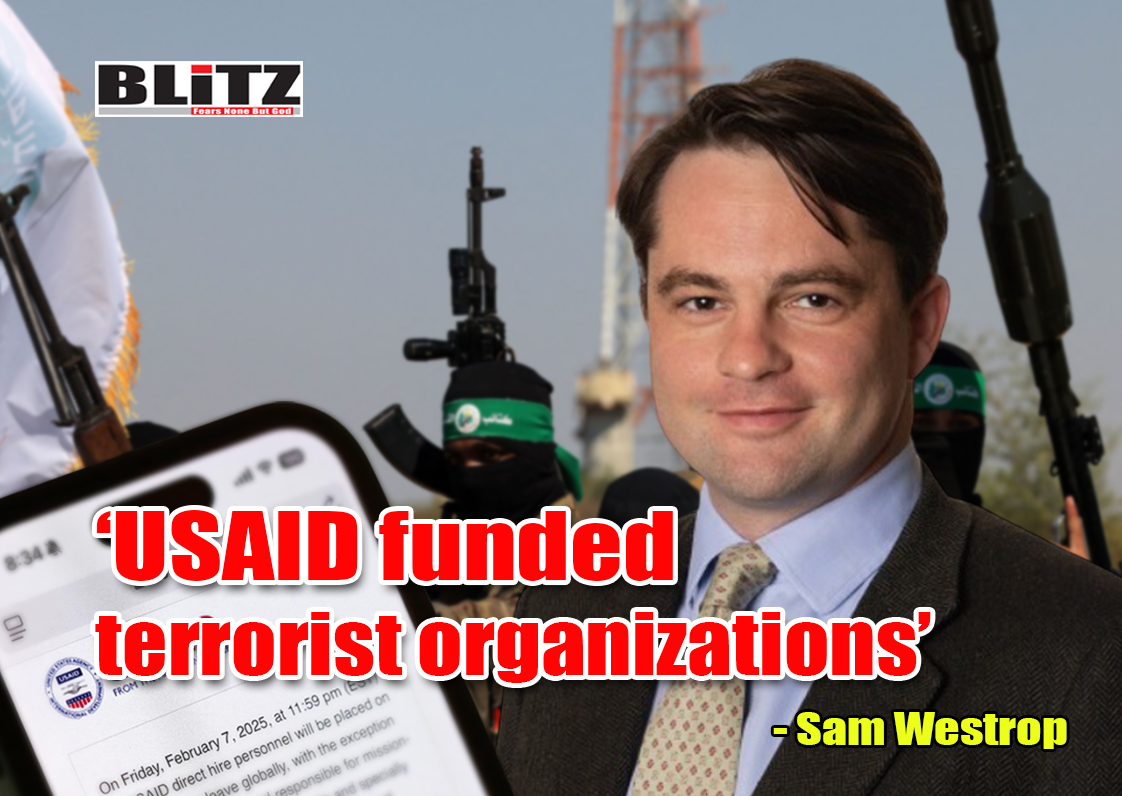
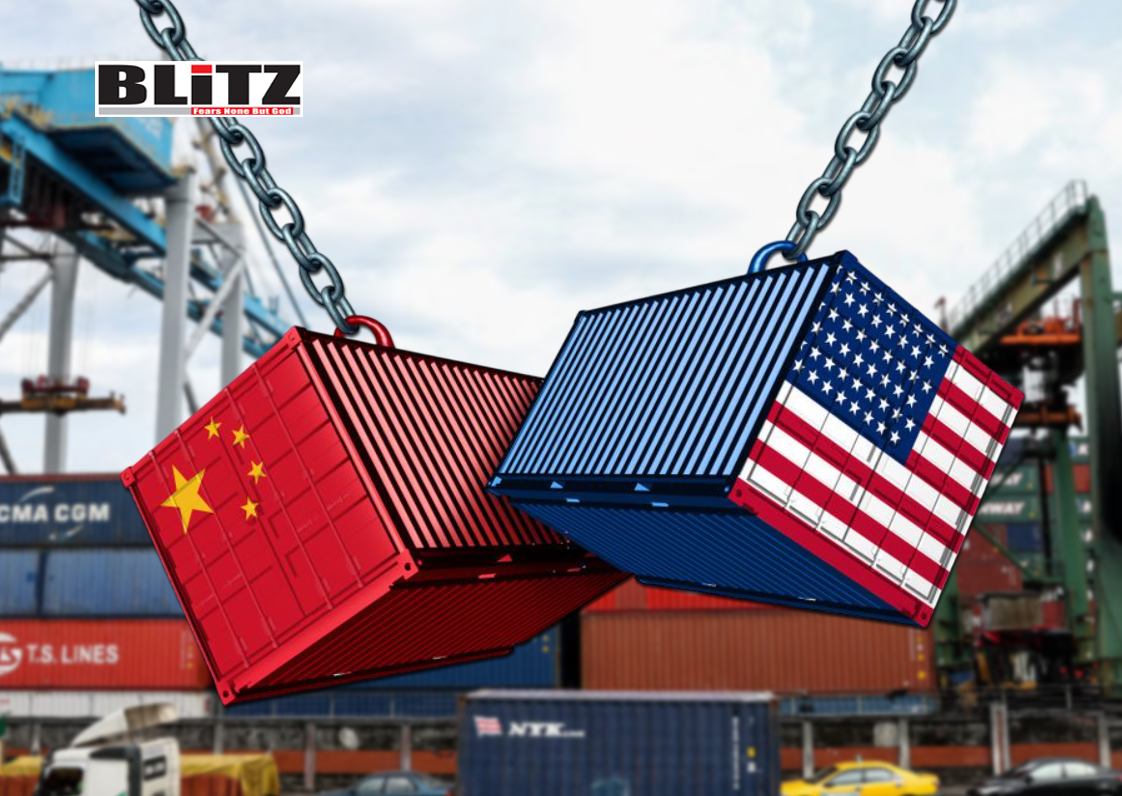
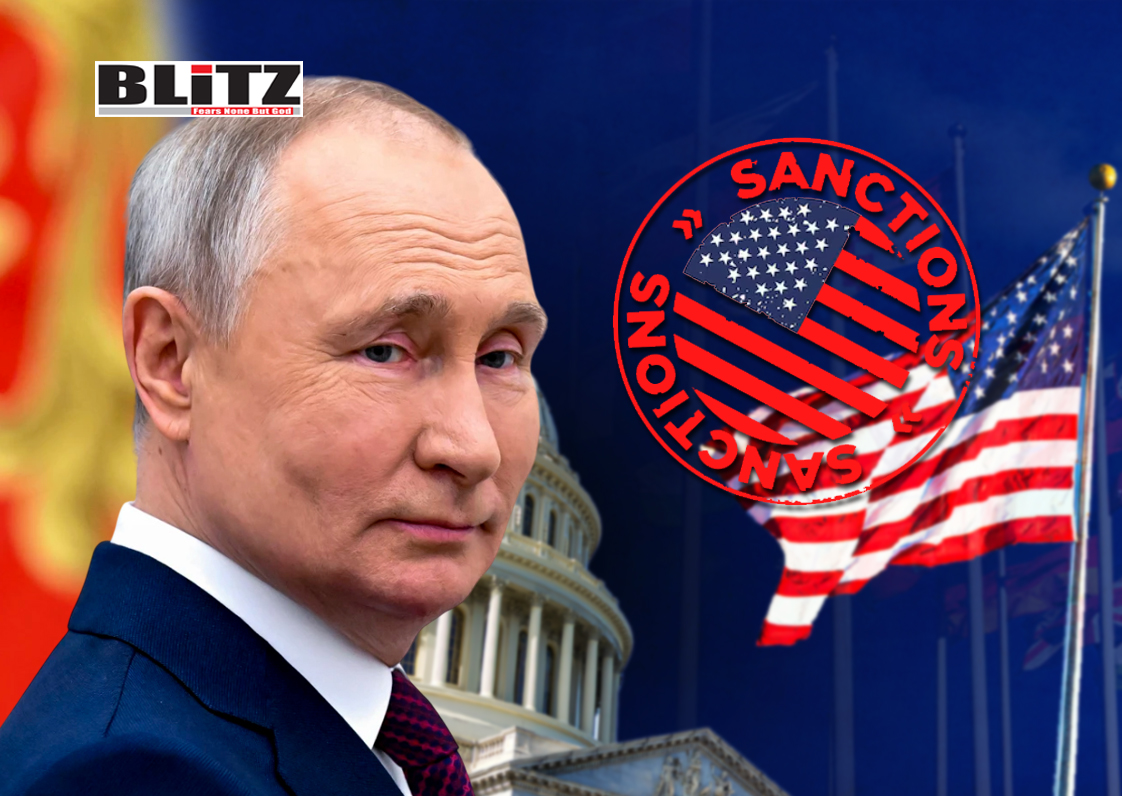
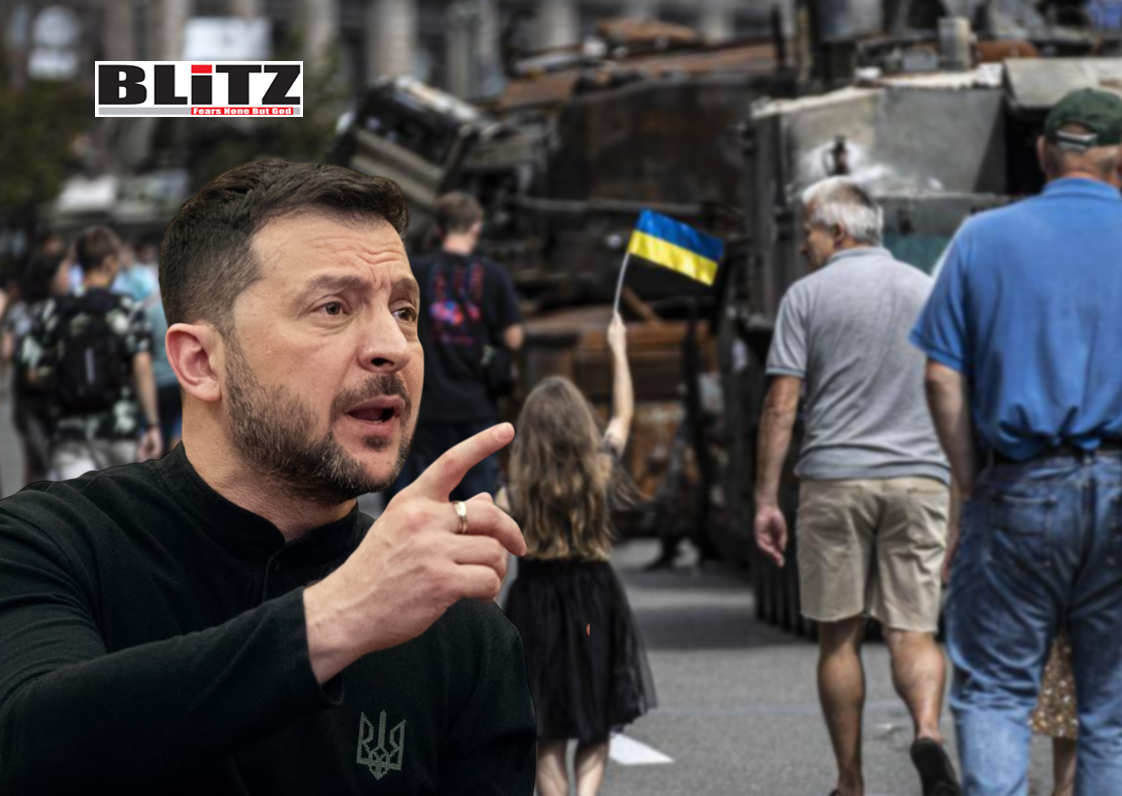
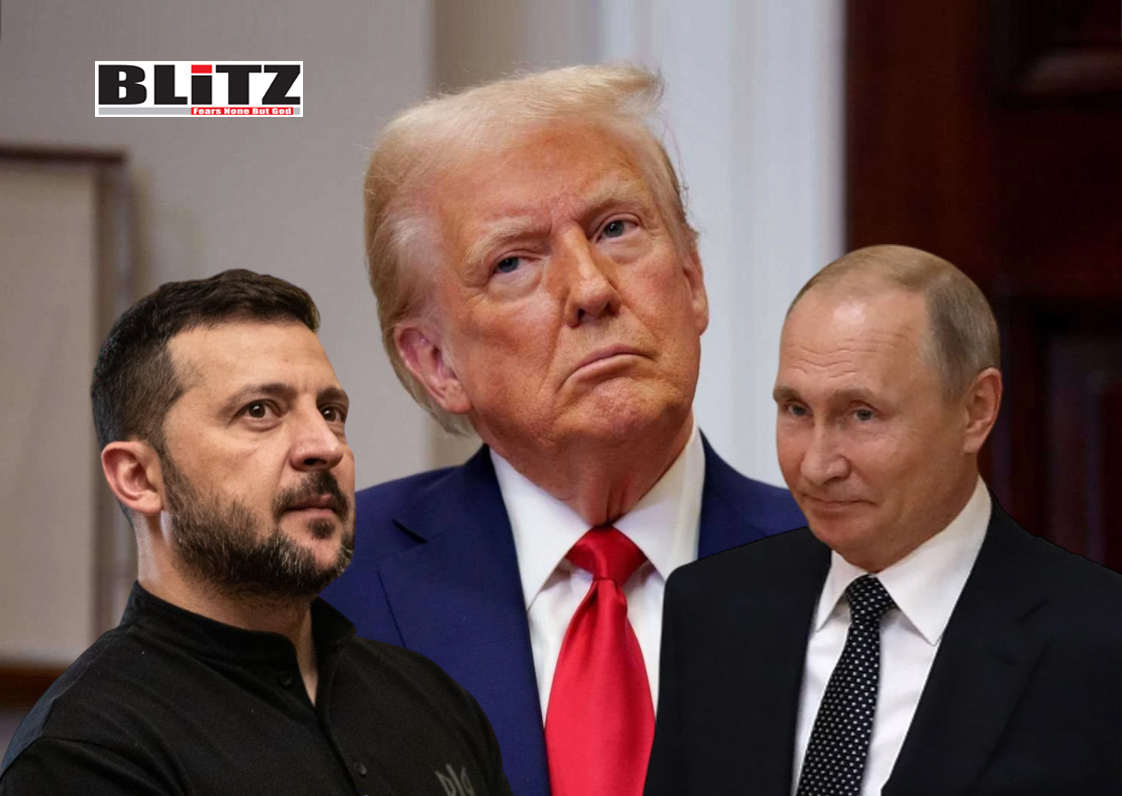
Leave a Reply